
‘Our Very Own Taliban?’: Controversy as Hisbah Orders Private Schools in Katsina to Shut for Ramadan

A directive from the Katsina State Hisbah Board mandating the closure of all private schools during Ramadan has sparked debate, as some have likened the decision to the practices of the Taliban.
In a statement dated 27 February, the Hisbah Board, which enforces Sharia law in the state, ordered that private schools remain shut for the month-long Muslim fasting period. Hisbah Commander-General Aminu Usman said the move aligns with the Katsina State government’s directive, warning that non-compliance “will not be tolerated.”
The announcement came just as the Bauchi state government announced a five-week closure of schools for the Muslim fasting period, reinforcing a trend of religious-driven policy shifts in the region.
Following the announcement, an X user, identified as @TheSonOfGeorge, quoted:
Our very own Taliban. Congratulations to all involved.
The comparison to the Taliban—an extremist group known for its strict interpretation of Islamic law and suppression of education— has raised questions about how far religious governance should go in regulating daily life.
Reacting, an X user warned: “I do hope you guys are aware of what these guys are trying to initiate. If these laws are allowed, we would soon have a country like Palestinian/Hamas or Lebanon/Hezbollah soon Nigeria/????”
“It seems like Northern Nigeria could benefit from a better understanding of the distinction between religion and politics. The government’s involvement in religious affairs might be hindering progress.” another said, criticising the blurring of lines between religion and governance
“Hisbah do not have the jurisdiction to give such directives. But oh well, here we are, nobody is going to question why? As it sits, they are already denying people of their constitutional rights,” another commented.
Some also argued that the directive infringes on personal and institutional freedoms, particularly for non-Muslim students.
The Katsina State government has yet to officially comment on whether it fully endorses the Hisbah’s order or if there are exemptions for certain schools.
It should be noted that Katsina and Bauchi are not the only states that have shut down academic sessions to observe Ramadan. The ministries of education in Kebbi and Kano states also asked that schools be shut during the holy month.
Amid the controversy, a review of National Bureau of Statistics (NBS) data by Sahara Reporters revealed these four states—Katsina, Kebbi, Kano, and Bauchi—already have some of the highest rates of out-of-school children in Nigeria.
According to the NBS’s Multidimensional Poverty Index, Bauchi State has the highest percentage of children lacking access to education at 54 per cent, followed by Kebbi (45 per cent), Katsina (38 per cent), and Kano (35 per cent). On average, these states have 44 per cent of children deprived of education, significantly higher than the national average of 34 per cent.
Read More:
- ‘The Fight To Salvage Nigeria Is Not Seasonal’ — Obidient Movement in Diaspora Calls For Renewed Engagement in Rebuilding Nigeria
- Niger, Russia Sign Mining Agreement To Modernise Resource Extraction, Strengthen Sector
About The Author
Related Articles
Malian Prime Minister Presents 2025 Government Report, Pledges Stability and Reform
Mali’s Prime Minister, Major General Abdoulaye Maïga, has presented the government’s 2025...
ByWest Africa WeeklyMarch 2, 2026AES Ministers Conclude Roadmap Talks in Ouagadougou, Strengthen Security Coordination
Ministers of the Confederation of Sahel States have concluded high level discussions...
ByWest Africa WeeklyMarch 2, 2026Investigation Links Western Funding Networks and NGOs to African Conflict, Terror Financing, and Organised Crime
A transcontinental investigation has exposed an alleged web of Western-funded organisations and...
ByWest Africa WeeklyMarch 2, 2026Tinubu Approves Additional Endless Federal Road Projects While Old Projects Crawl at Snail’s Pace
President Bola Tinubu has approved a fresh round of federal road projects,...
ByWest Africa WeeklyMarch 2, 2026





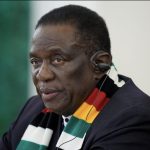


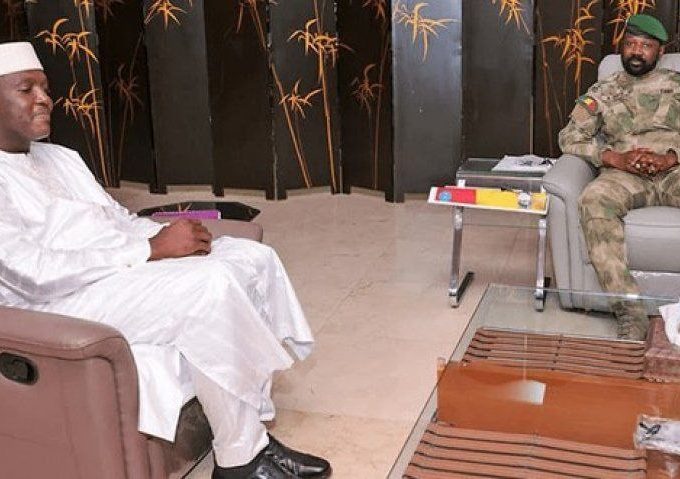
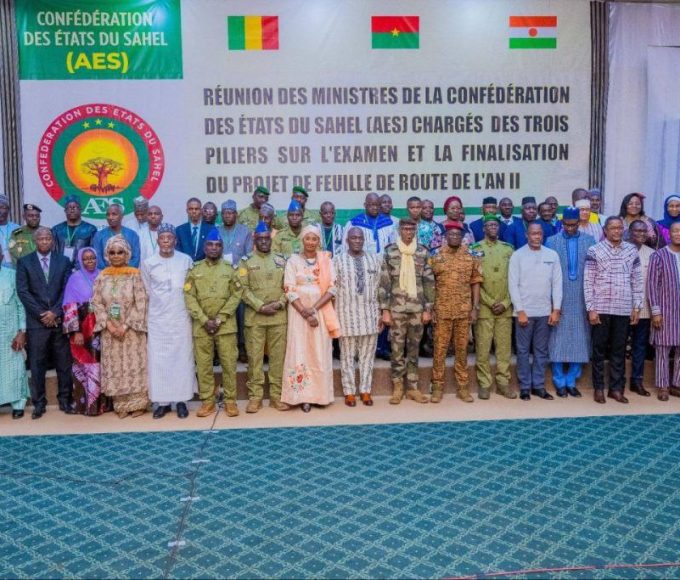
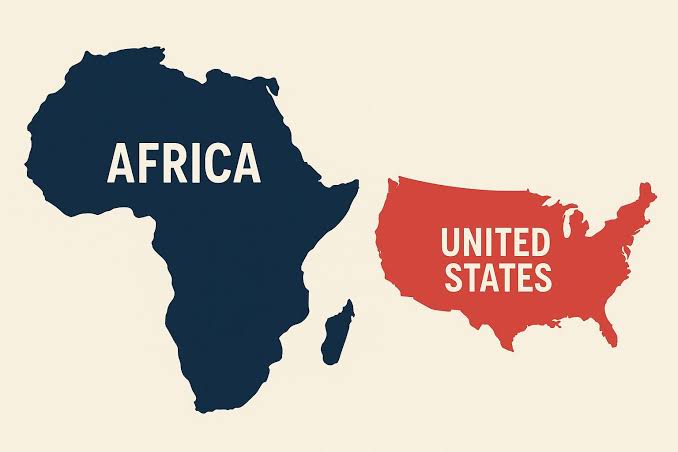
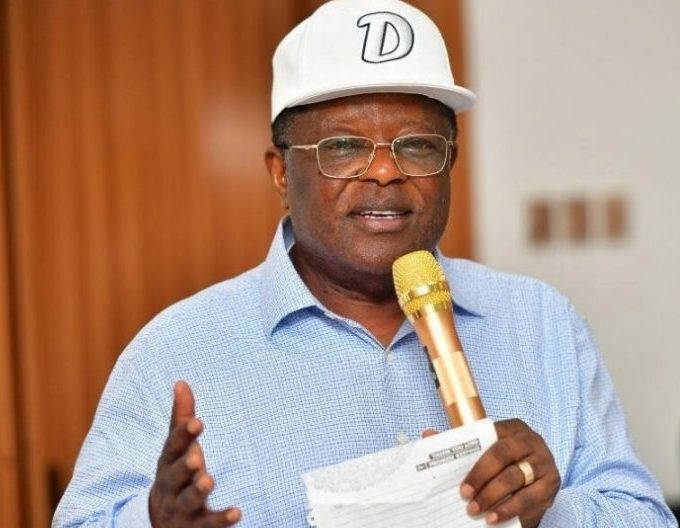
Leave a comment